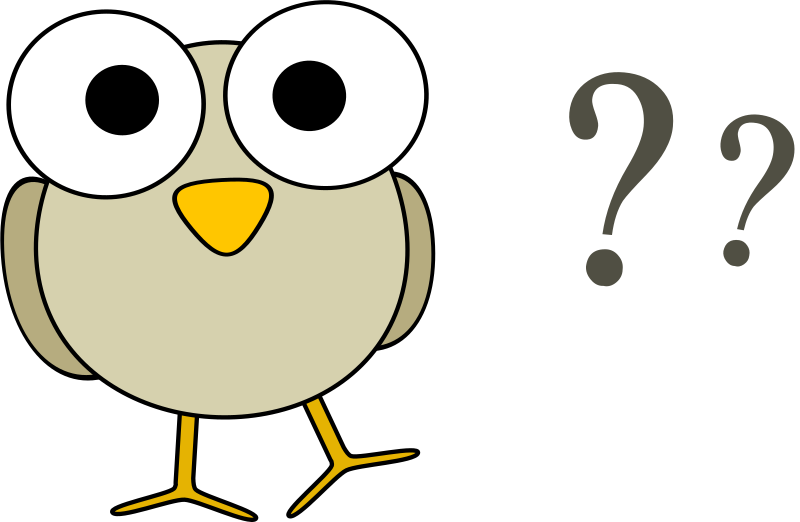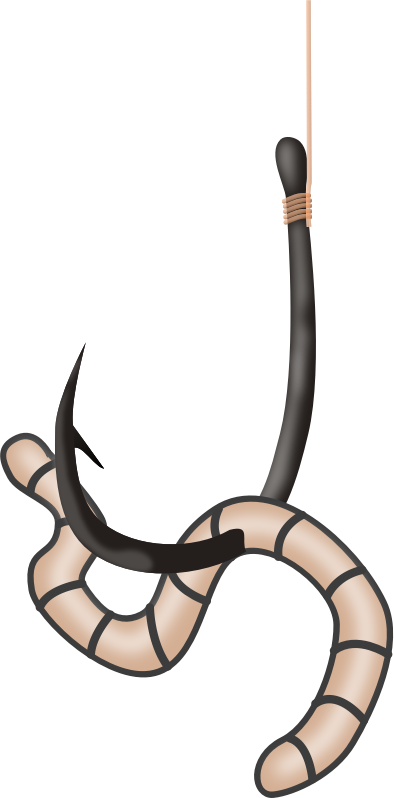There are a whole lot of rules in the English language, and we know this to be true because I write about these rules all the time. And as an author, it's part of my job to follow those rules -- strictly. I must cling to them so passionately, in fact, that I actively and aggressively try to get other people to follow those rules. So it may come as a surprise to some blog readers that there's one rule I break...no matter how many times the automatic grammar checker tells me to fix it. Because when it comes to the phrase "and then," I just don't use it. Nope...not at all.
Born to Be Bad
Microsoft is totally against the way I write. My word processor completely believes that the word "then" cannot be used unless its buddy "and" is also involved. I'll give you some examples of sentences that are sure to be flagged:
She reached across the table, then grabbed my hand in a show of support.
He lifted his hand as if to touch me, then let it fall back down to his side.
























